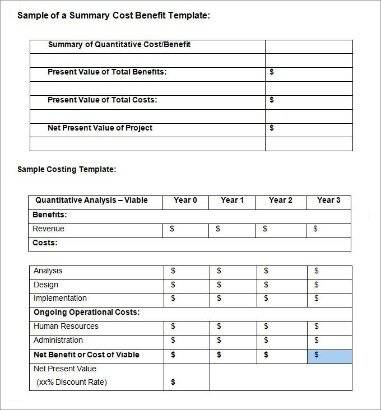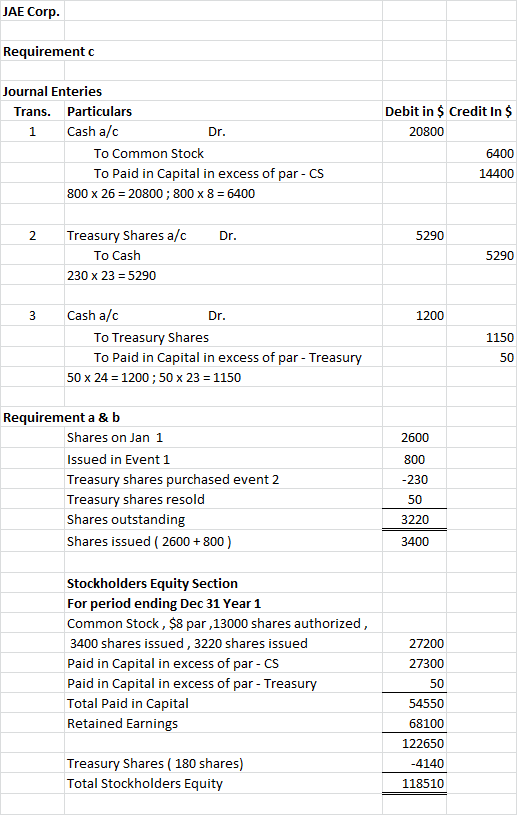
Although QuickBooks Desktop also supports integrations, setting them up and maintaining them might require more technical know-how. Tax1099 provides a comprehensive suite of features including year-round eFiling, prior year eFiling, corrected forms, and more, making eFiling an easy and efficient process. Tax1099.com simplifies the eFiling experience, ensuring that managing tax forms has never been more convenient. In this guide, we’ll help you understand what each version is capable of, what type of business is best for each version of QuickBooks, and the main differences between these products. For the U.S.-based reps they do have, they are often newer employees and rookies.

QuickBooks Online (QBO) is the cloud-based, online version of accounting software provided through a monthly subscription pricing plan. QuickBooks Online offers upgrade options and integrates with many add-on third-party apps to increase functionality. The assisted migration offer is eligible to Desktop customers that are migrating their data and setting up QuickBooks Online. Personalized setup is limited to a 1-hour session with a customer success product expert. Intuit reserves the right to limit the number of sessions and the length and scope of each session.
On the other hand, QuickBooks Desktop is known for its robust and comprehensive features. It outperforms the Online version when it comes to advanced job costing, batch invoicing, and industry-specific features. According to research reports from Gartner and Forrester, QuickBooks Desktop often scores higher than QuickBooks Online in terms of functionality.
What QuickBooks Online offers
However, a quality QuickBooks provider offers you round-the-clock IT support that can be easily contacted for fixing your IT issues rapidly. QuickBooks, whether on-premise desktop setup or cloud, is liable to face downtime. However, you can significantly cut down on your downtime with QB cloud and work with greater uptime availability. Quickbooks hosting providers have seasoned IT experts and deploy high-quality IT components for providing up to 99.99% SLA-backed uptime availability, something you will not find in an on-premise QB Desktop setup. With QuickBooks Desktop, security is the user’s responsibility, meaning you are storing and protecting your data locally on your own servers and computers.
- Discover BusinessLoans.com’s lender network offering up to $3M in funding, no minimum credit score required.
- QuickBooks Online (QBO) is the cloud-based, online version of accounting software provided through a monthly subscription pricing plan.
- Terms, conditions, pricing, special features, and service and support options subject to change without notice.
- QB cloud hosting has a centralized database and instantly reflects any changes.
So, even if one of them gets destroyed, you can still access your data without facing any losses. You can see that Intuit has every business in mind, with the ability to customize, personalize, and scale QuickBooks for every business structure. If ease of use and on-the-go accounting access is the most important thing to you, Online is the way to go.
Project Accounting (Winner: QuickBooks Desktop)
You can learn more in our guide to the industry-specific editions of QuickBooks Enterprise. Both include the basic reports you’d expect to find with accounting software, such as a balance sheet, a Profit & Loss report, a cash flow statement, etc. The main difference between QuickBooks Online and QuickBooks Desktop is that QuickBooks Online is cloud-based accounting software, and QuickBooks Desktop is locally installed. The benefits of QuickBooks Desktop are further increased if software is hosted on the cloud. This makes your server effective with the accessibility of QuickBooks Online.
Meanwhile, QuickBooks Desktop gets more praise for strong functionality, such as inventory accounting and the ability to generate advanced reports. One user is happy that they can set up different reports so that they can see what and who needs to be paid easily. Those who have left negative reviews dislike that it doesn’t offer many third-party integration options. One user noted that it’s easy to add vendors and customers and share files with their bookkeepers, while another commented that the bank account reconciliation and invoicing features are excellent. However, some complained that QuickBooks Online can’t manage multiple companies in a single account and that it lacks assembly management features. In both QuickBooks Online and Desktop, you can assign costs to your inventory items and track the quantities sold to calculate the cost of goods sold (COGS).
What’s The Difference Between QuickBooks Online VS Desktop?
This is a tie since both QuickBooks Online and QuickBooks Desktop offer users the same support options. Whether you’re thinking about converting to QuickBooks Online or switching from QuickBooks Desktop to QuickBooks Online, your first step should be to take a long look at both applications. When you do, you’ll notice the difference immediately as QuickBooks Online offers a streamlined user interface, while QuickBooks Desktop relies on a flow-chart based interface.
- At Business.org, our research is meant to offer general product and service recommendations.
- If your home or office has a slow or unpredictable internet connection, QuickBooks Desktop can ensure you can reach most of your data even if the internet goes down overnight.
- Our partners cannot pay us to guarantee favorable reviews of their products or services.
QuickBooks Online files are also easier to share because you only need to invite a ProAdvisor to your company file, and they’ll have 24/7 access to your books. In addition to third-party integrations, QuickBooks Online integrates with native products, such as QuickBooks Payments, QuickBooks Payroll, and QuickBooks Time (formerly TSheets). QuickBooks Desktop can be integrated with QuickBooks Desktop Payroll and QuickBooks Time. QuickBooks Online and Desktop both offer excellent income and expense tracking and bank reconciliation tools. However, we found notable differences in various features, discussed in the sections below.
Inventory Management
There are over 200 options instead of the 650-plus to its cloud counterpart. The two versions are independent of each other, which means the data you enter on Desktop doesn’t sync to the Online version and vice-versa. If your home or office has a slow or unpredictable internet connection, QuickBooks Desktop can ensure you can reach most of your data even if the internet goes down overnight. The downside to locally stored data, though, is that you can only access it from where it’s stored.
For the Desktop version, you pay an annual fee starting at $549.99 per year, and the cloud-based option starts at $15 per month. Both versions have mobile apps, but the app for the Desktop version primarily functions as a way to upload receipts, and the Online mobile app is robust in comparison. reaping the benefits of cycle counting These include the ability to track raw materials and finished products and automate order management, among other functions. It also has barcode scanning capabilities — business owners can download the QuickBooks Desktop mobile app and use their mobile device as a scanner.
QuickBooks Desktop features
QuickBooks might encourage its users to switch from QuickBooks Desktop to Online, but it hasn’t issued any statements about discontinuing Desktop entirely. But based on the tech industry’s growing emphasis on cloud storage over local storage, it’s hard to imagine that downloadable programs like QuickBooks Desktop will still be relevant a decade down the road. In contrast, QuickBooks Desktop’s interface was built with accountants in mind. Instead of showing clear images of your cash balance, outstanding invoices, and upcoming bills like the QuickBooks Online dash, the desktop version’s dash is a flowing series of connected folders and files.